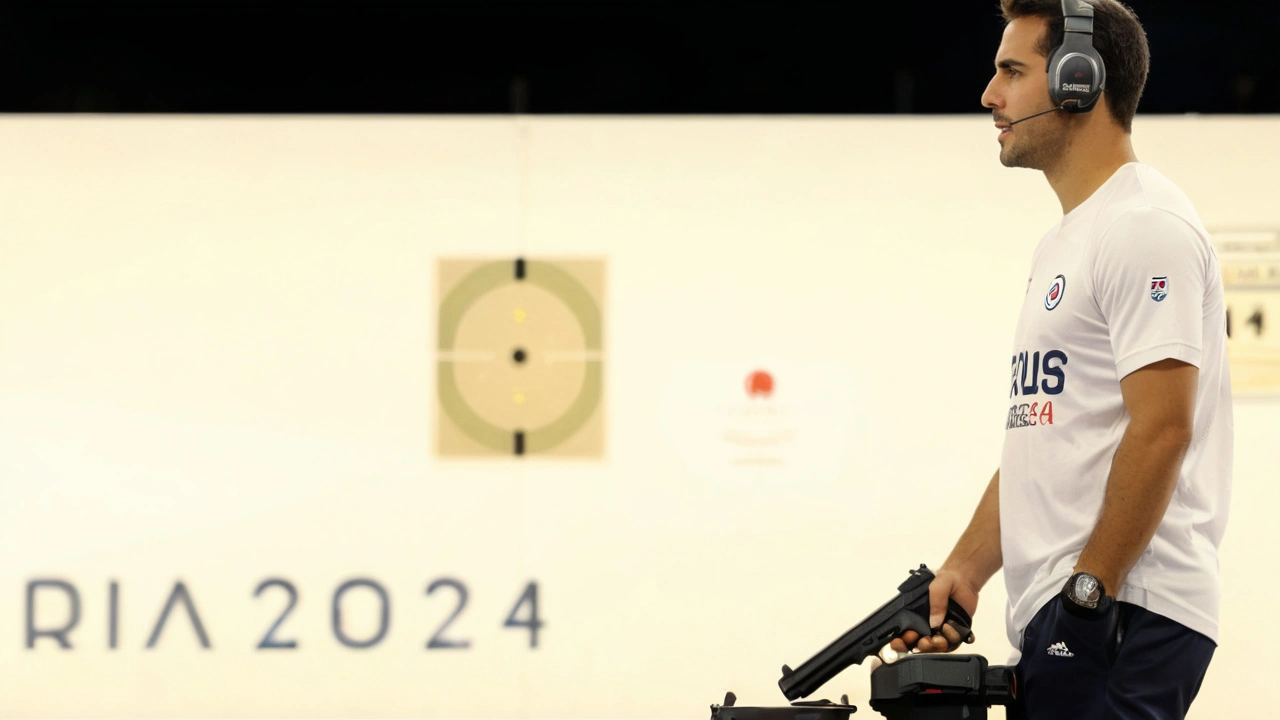Mental Resilience: How to Stay Strong When Life Gets Tough
We all face challenges—whether it's a stressful job, family issues, or unexpected problems. Mental resilience is your mind’s ability to handle these tough moments without breaking down. It’s not about avoiding stress but bouncing back quicker and smarter. Think of it like a muscle you can train to grow stronger over time.
So how can you build mental resilience? Start by accepting that stress is part of life. This mindset shift helps you focus on how to manage challenges rather than feeling defeated by them. When a problem arises, try breaking it down into smaller pieces you can tackle one step at a time. This makes things less overwhelming and gives you clear actions to take.
Practical Tips to Boost Your Mental Strength
One simple but effective way to improve mental resilience is to nurture your support system. Friends, family, or coworkers who listen and encourage you make a big difference. Reach out regularly; sharing your struggles eases the load and brings new perspectives. Also, healthy habits like good sleep, regular exercise, and balanced meals fuel your brain to cope better.
Another key tip is practicing mindfulness — paying attention to the present moment without judgment. Mindfulness reduces anxiety by stopping your mind from racing into worst-case scenarios. You don’t need anything fancy, just a few minutes each day of focused breathing or noticing your surroundings.
Why Mental Resilience Matters Daily
Mental resilience isn’t just for big crises; it helps with everyday stresses too. When you build this skill, small setbacks like traffic jams or tight deadlines won’t knock you off balance. It improves your ability to stay calm, think clearly, and make smart decisions under pressure. Over time, this strength adds up, making your daily life less stressful and more manageable.
Everyone’s resilience looks different, and that’s okay. What matters is finding what helps you recover and grow from challenges. Whether you journal your thoughts, talk to a trusted person, or set small goals to build confidence, it all counts. Keep practicing, and you’ll notice how you handle life's ups and downs with more ease and less worry.
What Police Officers Can Learn from Yusuf Dikec's Olympic Shooting Success
A deep dive into how Yusuf Dikec's success in Olympic shooting can offer valuable lessons for police officers. The article stresses the importance of mental preparation, focus, and consistent training that can be applied to law enforcement to improve decision-making under stress.
Julian Parsons | Aug, 2 2024 Read More
